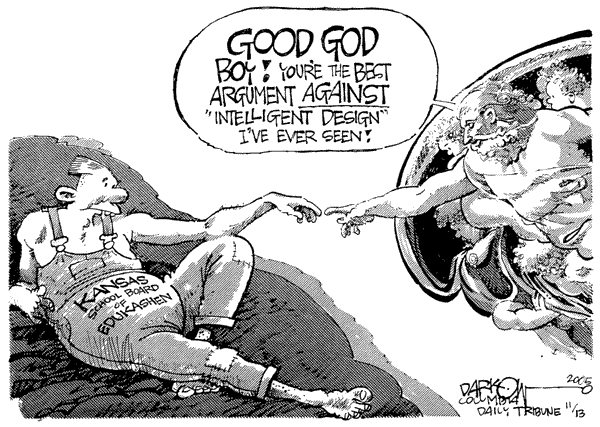I never thought I would see the day when the Society of Biblical Literature (SBL) would be criticized for being associated with fundamentalists, snake-handlers and faith-healers, but that is precisely the accusation leveled against the leading professional society for Biblical Studies in North America. Ronald Hendel, professor of Hebrew Bible at UC Berkley, wrote an editorial in a recent edition of Biblical Archaeology Review (BAR), chastising SBL for loosening "its own definition of Biblical scholarship."
In what ways has SBL lowered its standards? According to Hendel, SBL has allowed "evangelical and fundamentalist groups" a place at SBL meetings after petty issues divided them from other more reputable professional organizations like the American Schools of Oriental Research (ASOR) and the American Association of Religion (AAR). What fundamentalist groups is Hendel referring to? Groups such as Society for Pentecostal Studies and the Adventist Society for Religious Studies, which Hendel says proselytize at SBL events and write reviews condemning authors to hell. These are clear examples, in Hendel's view, that "critical inquiry—that is to say, reason—has been deliberately deleted as a criterion for the SBL. The views of creationists, snake-handlers and faith-healers now count among the kinds of Biblical scholarship that the society seeks to foster."
On numerous accounts Hendel's comments are simply inaccurate. The "fundamentalist" Adventist Society for Religious Studies has been meeting at SBL since 1972 and became a part the Annual Meeting program in 1993. The review example Hendel cites does not condemn anyone to hell but lauds the reviewed work for its scholarship and disagrees with its author on the issue of authorship. In fact, in Bruce Waltke's review of Michael V. Fox's second volume on Proverbs (chapters 10–31) which Hendel cites as an example of fundamentalism, Waltke describes Fox's commentary glowingly,
Diligent, honest, competent, and judicious, to name those adjectives that come immediately to mind. The ethos that emanates from his commentary gives Fox authority and credibility [. . .] Like volume 1, volume 2 is erudite in depth, comprehensive in scope, copious but not tedious in length, and profoundly thoughtful in height.
Where is the condemnation to hell that Hendel refers to? Apparently, disagreement concerning authorship is code for such condemnation. Waltke, for having a different position, is condemned by Hendel as spouting off "rationally absurd things." If this is the kind of critical inquiry that celebrates "reason" then I want little to do with it. I have no affinity for Solomonic authorship of Proverbs, but to dismiss the position out of hand as "rationally absurd" seems less an exercise in critical thinking and more akin to dogmatism.SBL responded to the article by sending an e-mail to their members encouraging them to read Hendel's article in full and then check out their response. The congenial tone of the SBL reply was, "The questions that Professor Hendel raises are interesting and important, and we look forward to the discussion that follows." SBL members are even encouraged to e-mail reactions that can foster further discussion.
Though I just joined SBL this year, I did so because it demonstrates the highest level of academic rigor and critical dialog. From the numerous works published by SBL and coming out of SBL meetings I find it hardly credible to accuse the organization of being "fundamentalist." Apparently Hendel is not interested in dialog with anyone who disagrees with him in substantial ways. SBL, thankfully, is interested in hearing from people who are interested in Biblical Studies regardless of their faith tradition and scholarly positions.

No comments:
Post a Comment